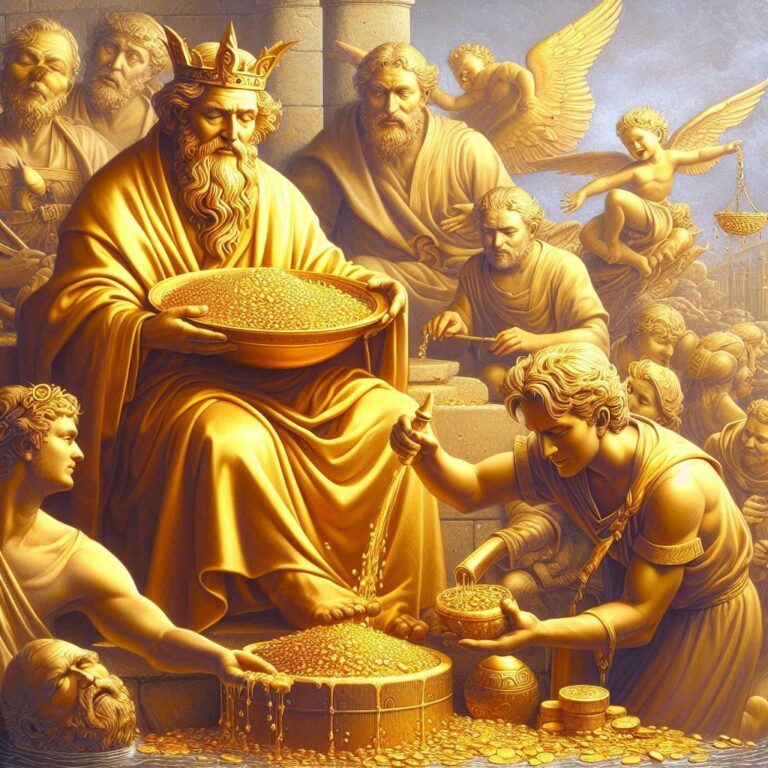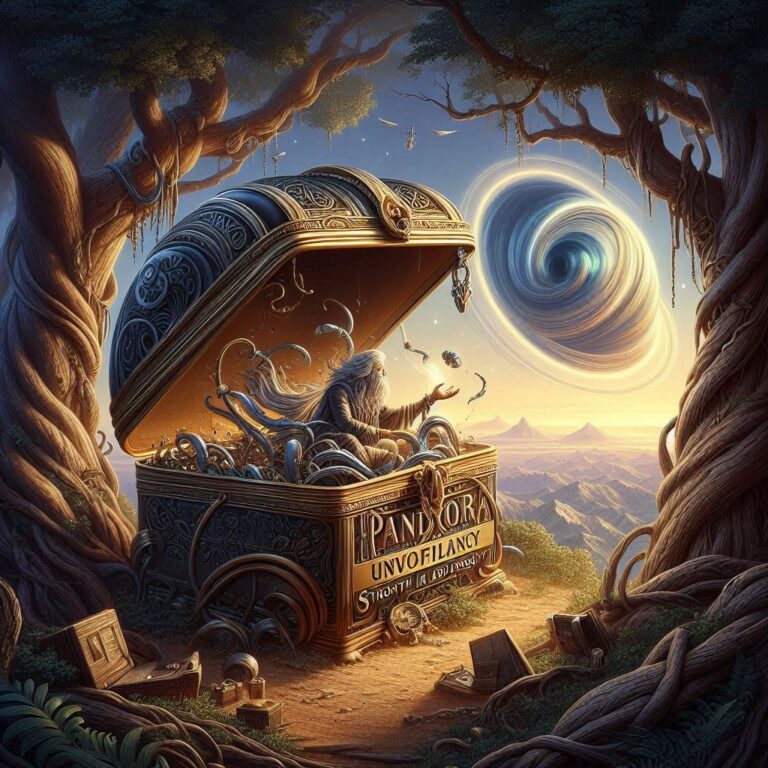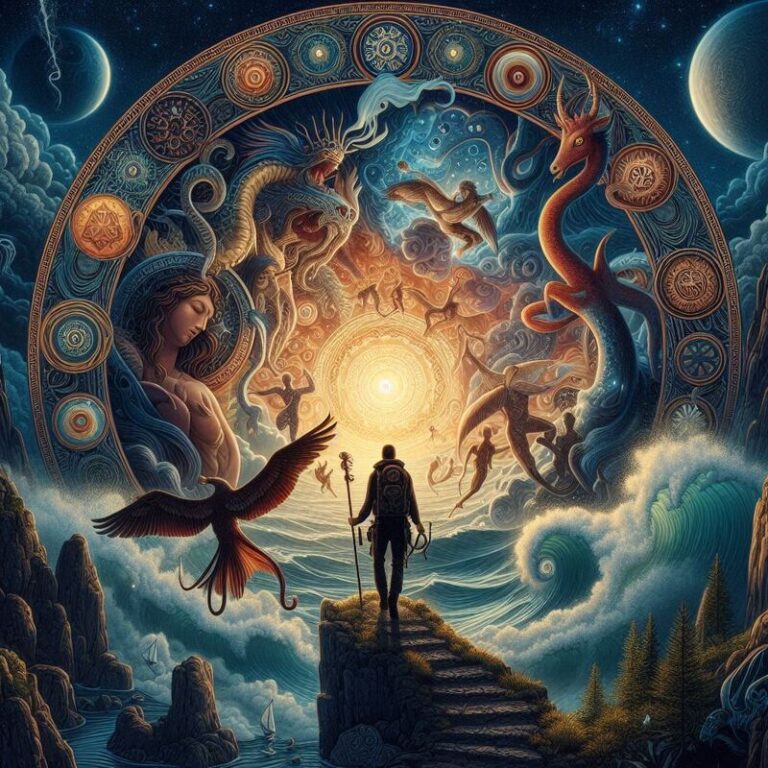The Power of Moral and Ethical Myths
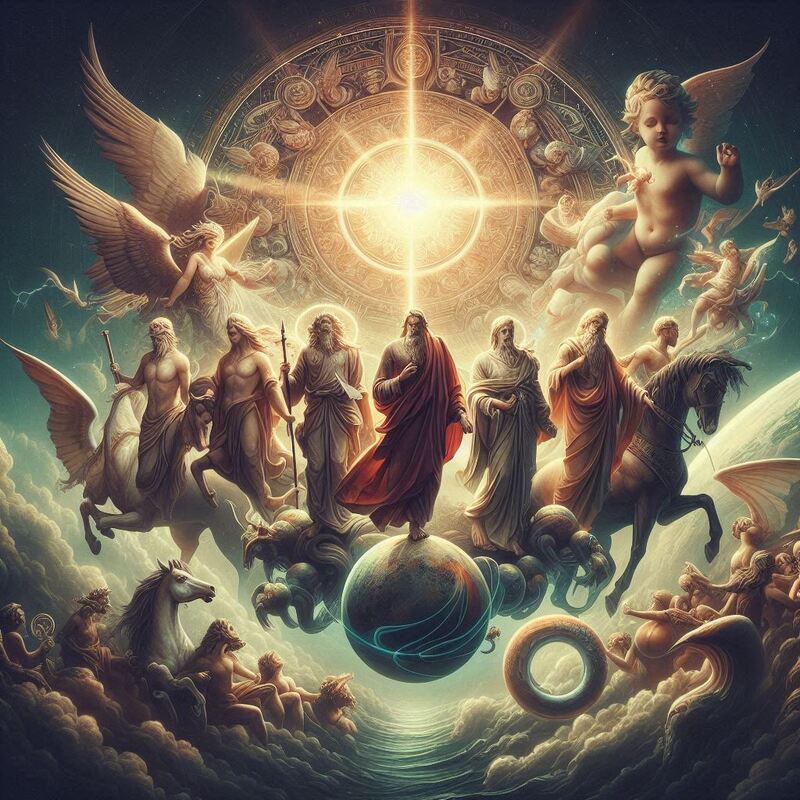
The Power of Moral and Ethical Myths
Eternal Lessons: The Power of Moral and Ethical Myths
In the vast expanse of human history, stories have served as invaluable conduits of wisdom, transmitting lessons and insights across generations. Among these narratives, moral and ethical myths stand as enduring beacons, guiding humanity through the labyrinth of right and wrong, virtue and vice. From the epic tales of gods and heroes to the humble fables of everyday life, these myths offer profound insights into the fundamental questions of human existence, morality, and the nature of good and evil. In this exploration, we embark on a journey through the timeless realm of moral and ethical myths, uncovering their profound significance and enduring power to inspire, educate, and transform.
The Essence of Moral and Ethical Myths
At the heart of moral and ethical myths lies a profound understanding of the human condition—the eternal struggle between light and darkness, virtue and vice. These myths are not mere flights of fancy; they are profound narratives that explore the complexities of human behavior, the consequences of our actions, and the values that shape our societies. Whether rooted in ancient religious texts, cultural traditions, or oral folklore, moral and ethical myths serve as repositories of timeless wisdom, offering insights into the nature of justice, integrity, compassion, and redemption.
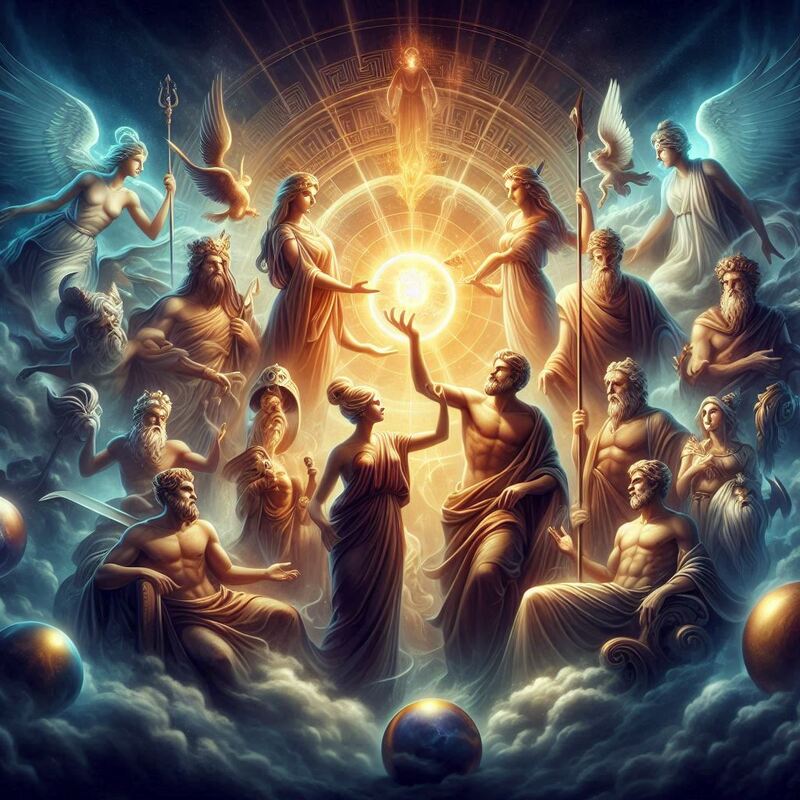
One of the defining features of moral and ethical myths is their ability to convey profound truths through allegory, symbolism, and metaphor. Through the actions and choices of archetypal characters—heroes, villains, tricksters, and sages—these myths illuminate the universal principles that govern human behavior. Whether it’s the Greek tragedies of Sophocles and Euripides, the parables of Jesus Christ, or the folk tales of indigenous cultures, moral and ethical myths speak to the shared aspirations, fears, and aspirations of humanity.
Archetypes and Symbols: The Language of Myth
Central to the power of moral and ethical myths are the archetypal characters and symbols that populate these narratives. These archetypes—such as the hero, the mentor, the trickster, and the shadow—represent universal aspects of the human psyche, serving as mirrors through which we explore our own strengths, weaknesses, and moral dilemmas. Whether it’s the valiant hero who embarks on a quest for justice, the wise mentor who offers guidance and wisdom, or the malevolent villain who embodies greed and corruption, these archetypes resonate deeply with audiences, tapping into primal emotions and instincts.
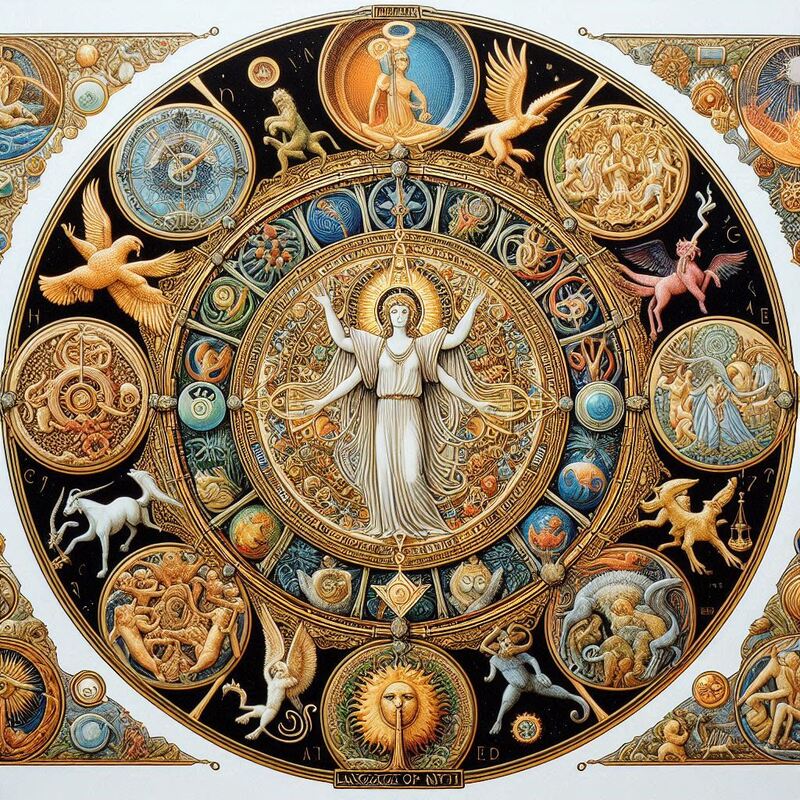
Likewise, the symbols and motifs that permeate moral and ethical myths carry profound significance, representing abstract concepts such as truth, courage, love, and redemption. Whether it’s the sword Excalibur in Arthurian legend, the serpent in the Garden of Eden, or the lotus flower in Hindu mythology, these symbols serve as visual anchors that deepen the narrative’s meaning and resonate on a subconscious level with audiences.
Lessons for Modern Life
While moral and ethical myths may be rooted in the past, their relevance to contemporary society remains undiminished. In an age marked by rapid technological advancements, cultural shifts, and ethical dilemmas, these myths offer timeless wisdom and guidance for navigating life’s complexities with integrity and purpose.

For instance, the myth of Prometheus, who defied the gods to bring fire to humanity, serves as a cautionary tale about the dangers of unchecked ambition and the importance of humility. The story of Odysseus, who embarked on a perilous journey home, speaks to the resilience of the human spirit and the transformative power of perseverance. The parable of the Prodigal Son, who squandered his inheritance but found redemption through forgiveness, reminds us of the healing power of compassion and the possibility of redemption.
Moreover, moral and ethical myths provide a platform for ethical discourse and critical reflection, inviting individuals and communities to engage in dialogue about the values that underpin our actions and decisions. By revisiting these ancient stories with fresh eyes and open hearts, we can glean new insights and perspectives that enrich our understanding of ethics and morality in the modern world.
The Power of Moral and Ethical Myths
Embracing the Journey
In the journey of life, moral and ethical myths serve as steadfast companions, guiding us through the labyrinth of moral ambiguity and ethical uncertainty. They remind us that, despite the complexities of the human experience, there are eternal truths and principles that transcend time and culture.

As we navigate the twists and turns of our individual and collective journeys, let us heed the lessons of moral and ethical myths, drawing strength from their timeless wisdom and seeking inspiration from their enduring stories of virtue, courage, and redemption. In doing so, we honor the legacy of those who came before us and pave the way for a future guided by principles of integrity, justice, and compassion.
The Power of Moral and Ethical Myths
Conclusion
In the grand tapestry of human storytelling, moral and ethical myths stand as timeless testaments to the enduring power of virtue, integrity, and righteousness. From the heroic exploits of ancient warriors to the moral quandaries of everyday life, these myths offer a rich tapestry of narratives that illuminate the path of right and wrong and inspire us to live with purpose and conviction.
As we journey through life’s myriad challenges and opportunities, let us draw strength from the eternal lessons of moral and ethical myths, embracing their wisdom, insight, and guidance. For in the stories of the past, we find the keys to unlocking a brighter, more compassionate future—one guided by the enduring principles of truth, goodness, and justice.
